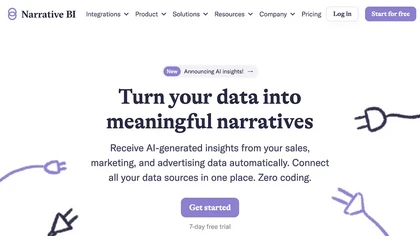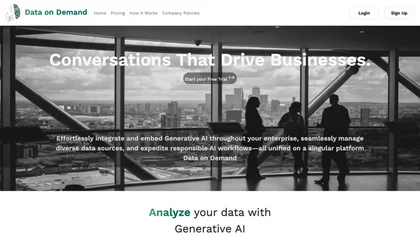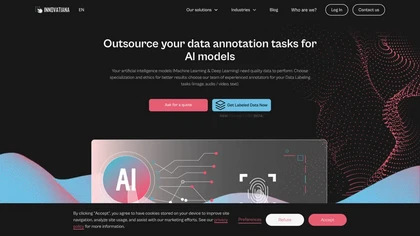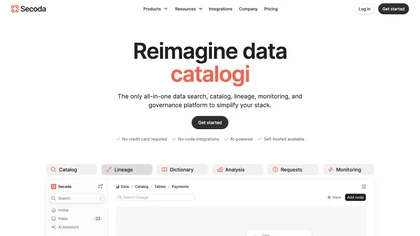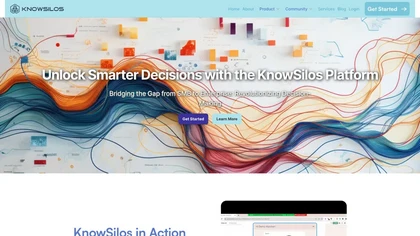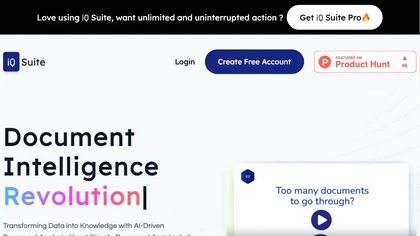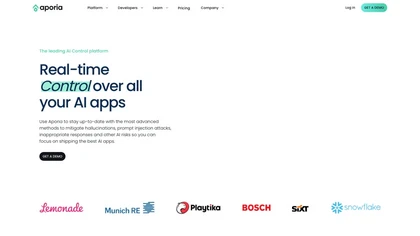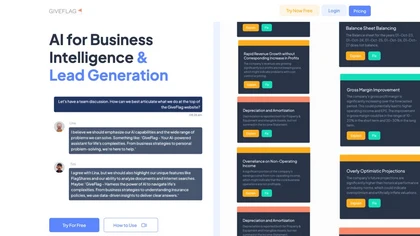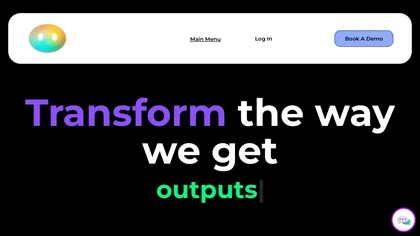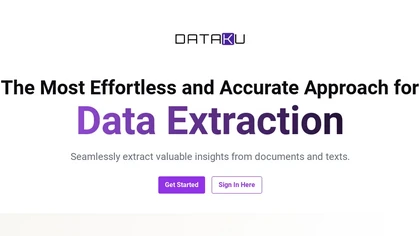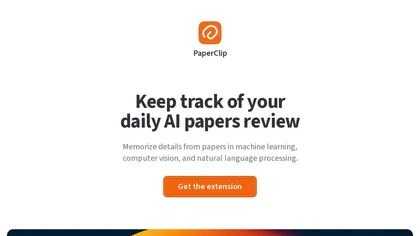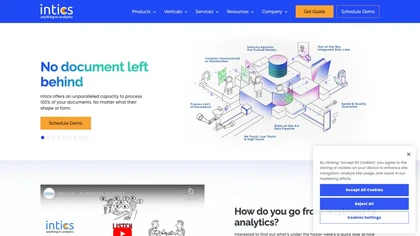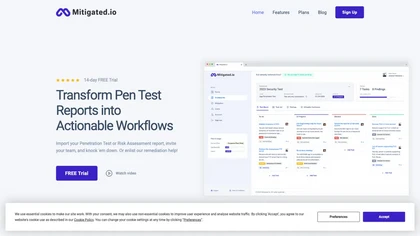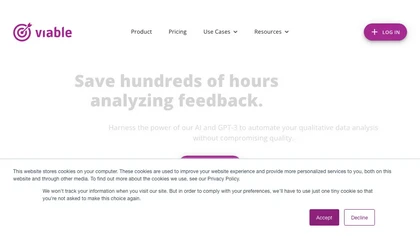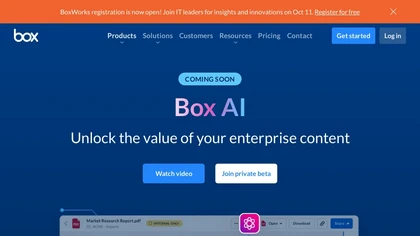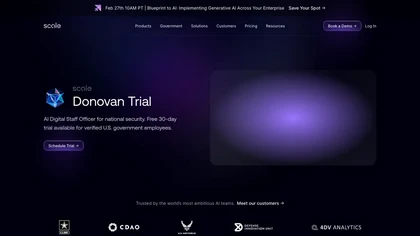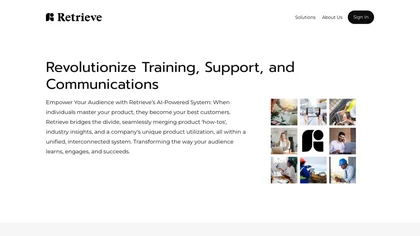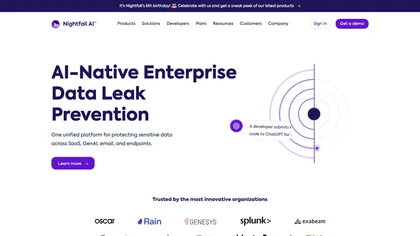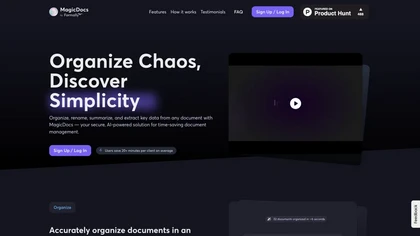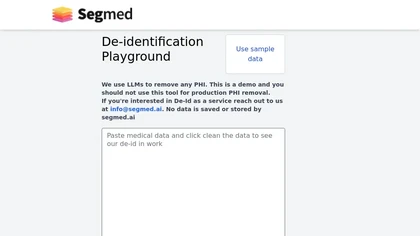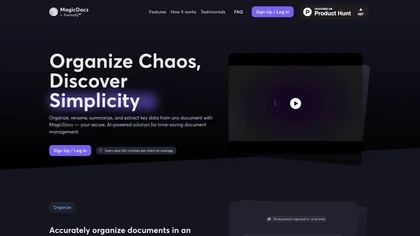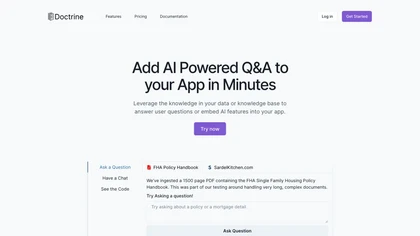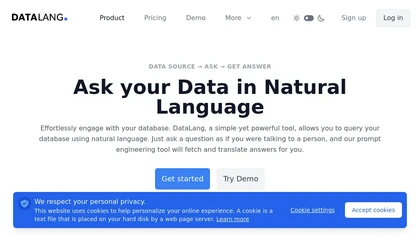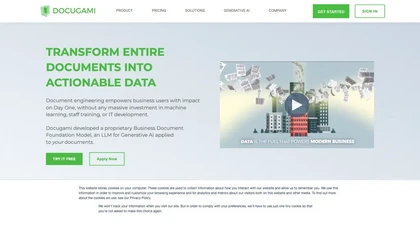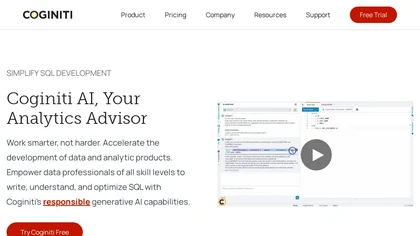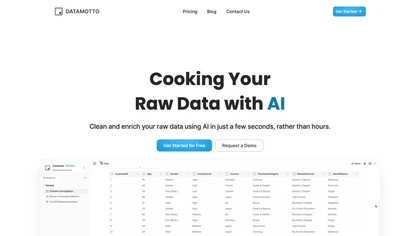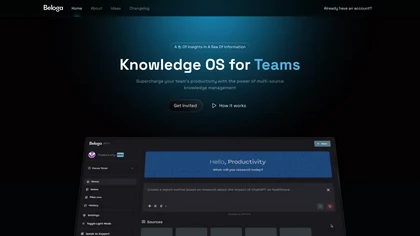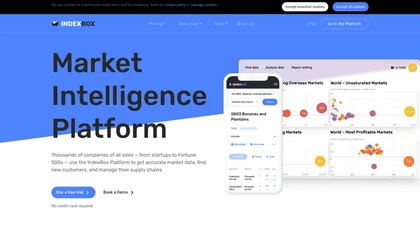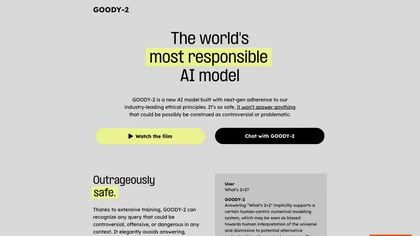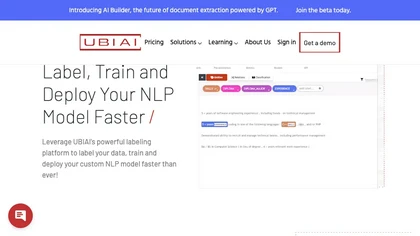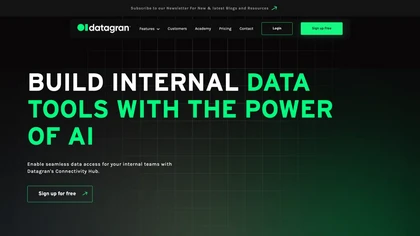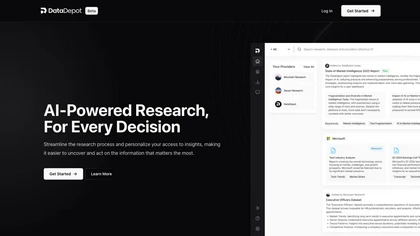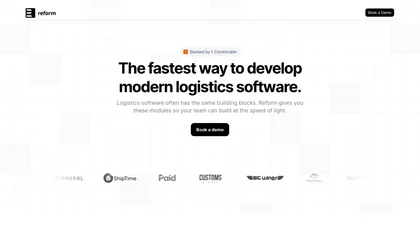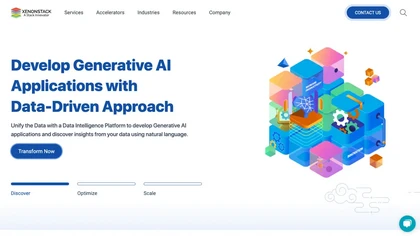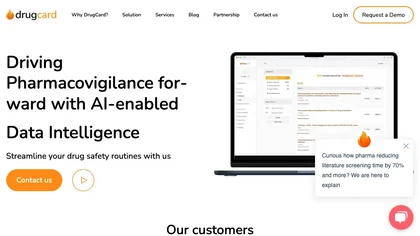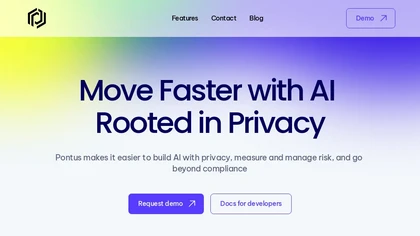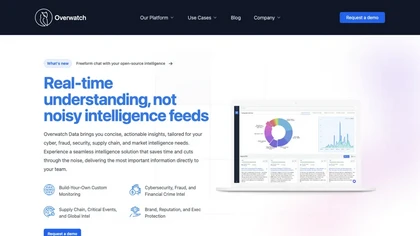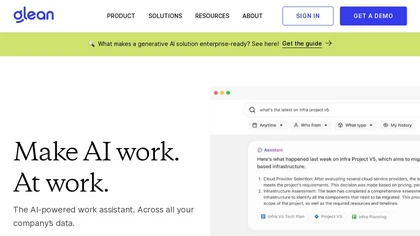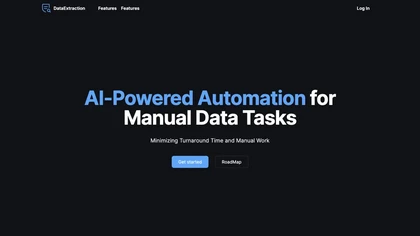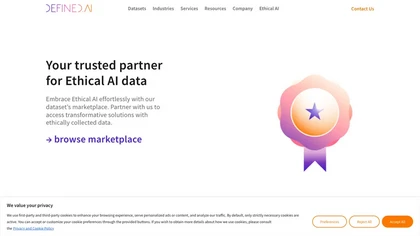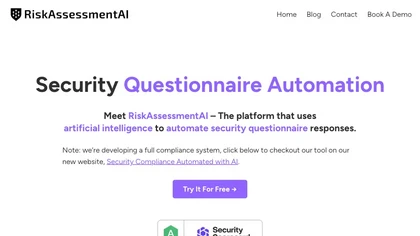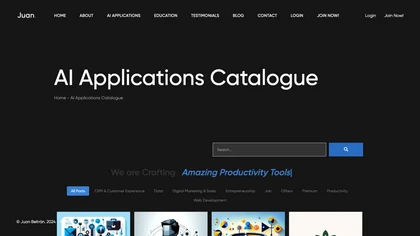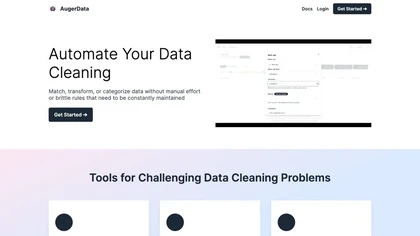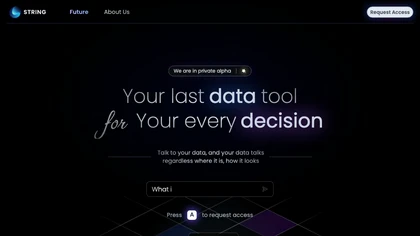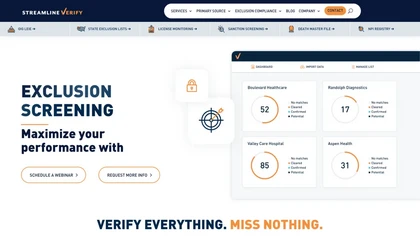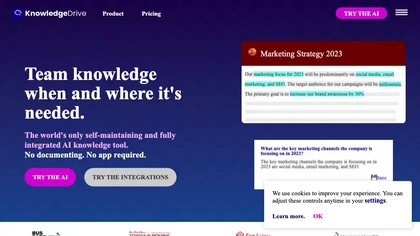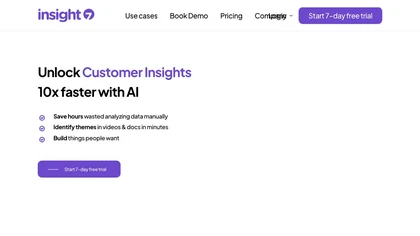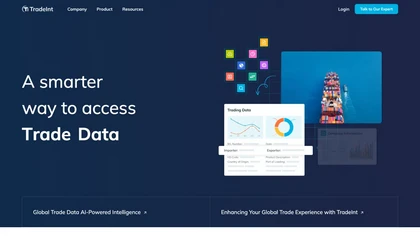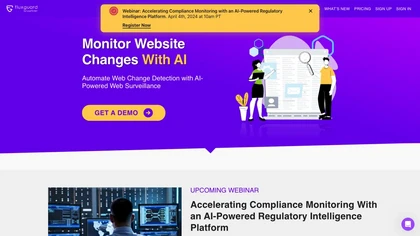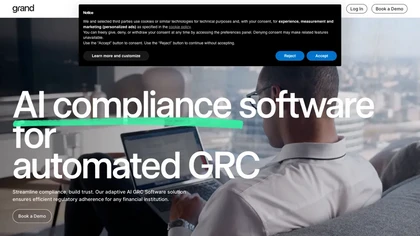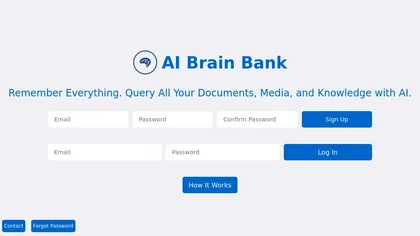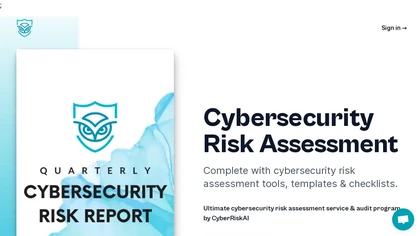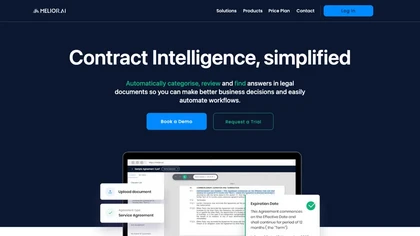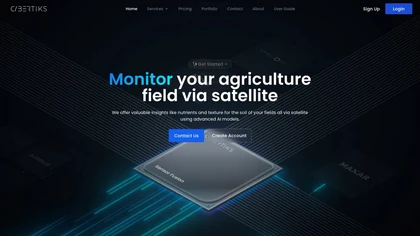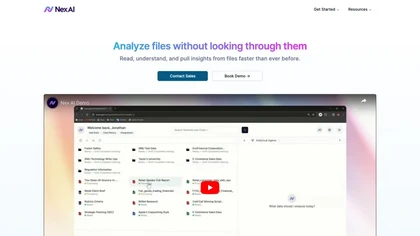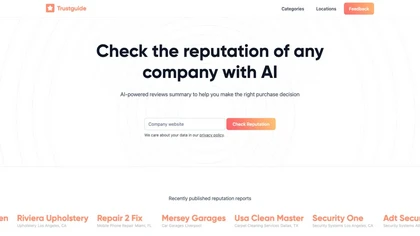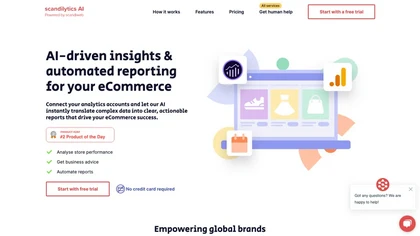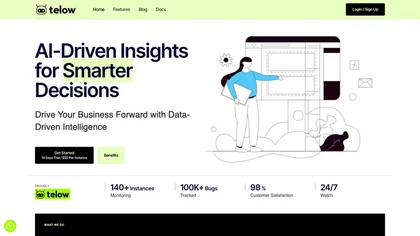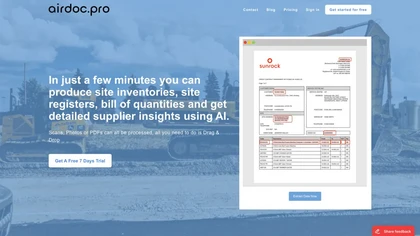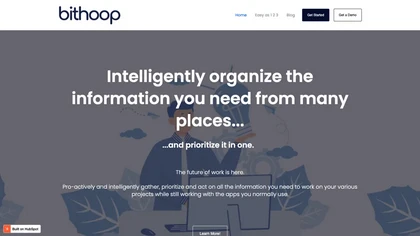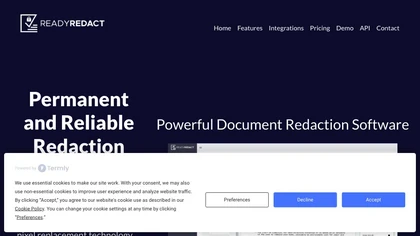AI use cases for Information Governance
Generative AI can be applied in various applications for information governance. Here are some examples to explore below for inspiration with AI tools to get you started with using AI in information governance.
🛠️ 70 AI tools for Information Governance
Explore a dynamic list of some of the most popular tools to get you started with various AI use cases and applications for Information Governance to streamline your workflows and productivity today.
Narrative BI features
- All the metrics under one roof
- Natural language generation
- Anomaly detection
- Scheduled reports
- AI driven insights
- Slack chatbot
- Multiple data channels integrations
Data on Demand features
- Seamless integration of generative AI throughout enterprises
- Management of diverse data sources
- Expedited responsible AI workflows
- Efficient extraction and analysis of relevant data
- Visualization of complex datasets
Innovatiana features
- Data labeling outsourcing services
- Specialization in computer vision, data collection, moderation, and RLHF
- Outsourcing data annotation tasks for image, audio/video, and text data
- Emphasis on ethical outsourcing practices
- Competitive rates, flexible pricing, and data security
Secoda AI features
- AI-powered data catalog
- Data lineage
- Data analysis
- Data ticketing
- Data monitoring
YC Application Optimizer features
- Data integration for structured knowledge graphs
- Extraction of insights from PDFs using NLP algorithms
- Creation of easily digestible reports with customizable templates
- Aggregation of large-scale data for quick analysis
- Visualization of critical information through persuasive reports
Inc. features
- Real-time global threat assessment
- Continuous monitoring and analysis of vast data sources
- Actionable intelligence delivery
- Comprehensive insights into evolving threats
- Integration of advanced data analytics, machine learning, and predictive modeling
iQ Suite features
- Uploading pdf files
- Crafting queries for document insights
- Automatically detecting and extracting data
- Presenting extracted data in charts and tables
- Integrating with other apps through rest api integration
🔥
Create your account, save tools & get personal recommendations
Receive a weekly digest of our handpicked top tools.
Unsubscribe anytime
PrivacyQuest features
- Record processing activities management
- Incident/breach management
- Individual rights management
- Consent management
- Automated document generation
aporia.com features
- Real-time guardrails for Gen AI integrity
- Off-topic detection in Gen AI conversations
- Data leakage prevention and SQL security enforcement
- Session explorer and customizable dashboards for production ML monitoring
- Direct data connectors for monitoring billions of predictions and root cause analysis
GiveFlag features
- Analyze various documents such as business intelligence reports, form 10-K filings, policy analysis, contracts
- Extract relevant information from sources like academic papers, privacy policies, insurance reviews
- Automate administrative and transactional tasks
- Train GPT-based engines with expert knowledge
- Ensure data security with restricted access to files and chat messages
Maya AI features
- Data analysis
- Ai-powered natural language processing
- Faster and more accurate results
- Finding answers within data
Dataku
5Dataku features
- Data extraction from PDF, CSV or Excel
- Data analysis
- Data insights
PaperClipapp features
- Paperclip helps users find and retrieve important findings from research papers, blog posts, and news articles.
- Paperclip can run locally without sending data to external servers for privacy and security.
- Paperclip indexes and saves bits of data locally for offline support and search.
- Paperclip has a clean and user-friendly interface with options to reset or delete saved data.
- Paperclip is designed to help researchers and professionals manage and organize their knowledge efficiently.
Intics features
- Document processing for all types of documents
- Extraction of valuable data from handwritten documents
- Pre-trained models for various industries
- Data lake for pure data analysis
- Auto asset classification for actionable insights
idPOD features
- Data integration and analysis
- Integration of multiple data sources
- Advanced algorithms
- Customizable features
- Improving decision-making
Mitigated.io features
- Transforms penetration test risk assessment reports into actionable workflows
- Leverages collaborative workspaces for task assignment and progress tracking
- Provides AI-enriched mitigation guidance for security vulnerabilities
- Supports easy import of assessment reports
- Enables users to enlist security mitigation services directly from the dashboard
viable features
- Automated qualitative data analysis
- Customer feedback understanding
- Nlp technology
- Feedback analysis
Saas With AI features
- Image upload for analysis
- Object recognition
- Scene recognition
- Text recognition
- User-friendly interface
Box AI features
- Secure content management
- Workflow automation
- Whiteboarding and visual collaboration
- E-signature functionality
- Integration with connected apps
- Customization
- Privacy and security of sensitive content
- Ai-powered content insights
Donovan features
- Powerful generative AI models
- Data analysis (structured and unstructured)
- Enhances existing systems
- Streamlines processes
retrieve.com features
- Unified system for merging product how-tos, industry insights, and product utilization
- Streamlining access to knowledge from diverse sources
- Bridging and uniting information streams into an easy-to-use system
- Optimizing communication and knowledge distribution across all devices
- Empowering audience with AI-powered training, support, and communications tools
Nightfall AI features
- AI-native data leak prevention platform
- Cutting-edge generative AI detection engine
- Sensitive data protection, encryption, and data exfiltration prevention
- Streamlines compliance management
- Flexible platform for custom applications
MagicDocs features
- Accurate document categorization and labeling using advanced language learning models
- Convenient creation of concise document summaries within seconds
- Enterprise-level security with a focus on data confidentiality
- Upload, categorize documents, generate summaries, and extract information for form filling
- Document organization and information extraction from messy document collections
Segmed features
- De-identify sample data
- Demonstration purposes
- Remove phi using limited local maximum suppression (llms)
- Can be used for production de-identification
- Data can be stored on segmed.ai
Magic Docs features
- Organize documents
- Rename documents
- Summarize documents
- Extract key data
- Enterprise-level security
Doctrine features
- Ingest knowledge data
- Answer user questions
- Content conversion into high-dimensional vectors
- Embed chat UI feature
- Scalable infrastructure for document processing
DataLang features
- Query databases using natural language
- Fetch and translate answers
- Handle a wide range of questions
- Provide insights on metrics
- Integrate with other tools
docugami features
- AI Data Extraction
- Generative AI for document analysis
- Industry-specific insights application
- Transformation of unstructured documents into structured information
- Integration with familiar tools and business systems
Coginiti features
- Generating sql using natural language prompts
- Exploring, managing, and analyzing data in a collaborative data workspace
- Optimizing existing sql queries
- Providing detailed explanations and solutions to errors
- Explaining query execution plans for better optimization
- Supporting deep database and object store integration
- Focusing on enhancing query performance to decrease compute costs
DataMotto features
- Data cleaning and enrichment using advanced algorithms
- Data validation processes
- Data gap filling for comprehensive dataset
- Data consistency maintenance with formatting standardization
- Data privacy and security prioritization
Beloga features
- RAG (Retrieval Augmented Generation) technology
- Creating Twitter threads to explain complex concepts
- Analyzing structures and impacts
- Discovering network effects in various scenarios
- Hyper-contextualized key insights
Gamma.ai
4.8Gamma.ai features
- Continuously monitors employees
- Notifies of security mistakes
IndexBox
5IndexBox features
- Access to accurate market data
- User-friendly interface for quick generation of market reports
- Predictive modeling for forecasting market trends
- Machine learning capabilities
- Data integrity through cross-checking from multiple sources
GOODY-2 features
- Safe handling of queries
- Avoidance of controversial or harmful topics
- Ethical adherence in conversations
- Suitability for customer service and paralegal assistance
- Setting a new standard for safety and dependability in AI industry
UBIAI features
- Text labeling
- Document annotation
- Multi-language support
- Object detection
- Model-assisted labeling
Datagran features
- Connect and extract data from various sources using EL technology
- AI bots for data-related queries
- Create custom alerts with logic
- Develop apps without coding
- Transform data models and visualize data
People for AI features
- Simplifies manual data labeling process
- Specializes in image and text labeling
- Offers in-house labelers and crowdsourcing
- Provides top-quality results for various ML projects
- Ensures high level of security for labeled data
DataDepot features
- Personalized access to research insights
- Centralized location for research assets
- Trusted marketplace of providers
- Dynamic displays for tailored information
- AI-enabled precise decision-making
Unfig features
- Automated data capture from various logistics documents
- Universal TMS integrations for seamless connectivity
- Embeddable customer dashboards for real-time data insights
- Scraping information from numerous sources for visibility into logistics data
- Streamlining logistics operations with unprecedented speed and efficiency
XenonStack features
- Custom software development
- Platform engineering
- Enterprise DevOps
- Data warehouse management
- IoT integration
DrugCard features
- Automates drug safety routines
- Multiple languages and countries
- High-performance screening
Pontus features
- Privacy-focused ai platform
- Smart anonymization feature
- Intuitive dashboard for auditing compliance
- Trust-made-easy components
- Secure document storage and privacy-aware caching
- Works with common llm providers
- Incorporates toxicity checking
Overwatch Data features
- Real-time intelligence platform
- Actionable insights tailored to various needs (cybersecurity, fraud, security, market intelligence)
- Custom monitoring capabilities for cybersecurity, financial crime intel, and brand reputation management
- Coverage of social media platforms in over 15 languages, news sources, deep web, and dark web crime-focused telegram channels
- Intuitive data visualizations, category breakdowns, and real-time executive summaries
Glean features
- Search
- Knowledge discovery
- Manage knowledge across multiple apps
- Improve search relevance with deep learning
- Personalized search results and suggestions
Data Extraction features
- Automates manual data tasks
- Customizable extraction rules
- Efficient data extraction process
- Utilizes natural language processing
- Incorporates machine learning technologies
Defined.ai features
- Access to diverse, ethically sourced datasets
- Customizable options for tailored projects
- Transparent data collection and handling
- Continuous dataset development for AI innovation
- Collaboration with top-tier AI professionals
- Rigorous quality control for accuracy
- Flexible dataset formats: speech, language, image, video
- Expert support for custom data services
RiskAssessmentAI features
- Automate security questionnaire responses
- Scan documentation
- Build knowledge base
- Support various assessment formats
- Collaboration between teams
Ai Application Catalogue features
- User-friendly interface
- Privacy-focused
- Search functionality
- AI application categorization
- Information about functionalities
EntityMatcher features
- Automated data cleaning
- Entity recognition and transformation
- Data categorization
- Developer-friendly REST API
- No-code UI for business users
Ask String features
- Data analysis
- Efficient
- Simplify
- Direct conversations
- Technical skill level
Streamline Verify features
- Screening against various databases including OIG LEIE, state exclusion lists, license monitoring, sanction screening, death master file, and NPI registry
- One-stop portal for quick identification and resolution of compliance screening issues
- API integration for future compliance needs
- Enhances efficiency in executing exclusion screening and credential management
- Trusted by over 10,000 establishments
Knowledge Drive
4.6Knowledge Drive features
- Knowledge extraction
- Accessibility
- Integration
- Organization
Insight7 features
- Data analysis
- Theme identification
- Sentiment analysis
- Pattern extraction
- Visualization sharing
Keepi features
- Capture and organize knowledge
- Store and retrieve information easily
- Enrich and categorize knowledge using AI
- Access personal knowledge on-the-go
- Instant capture and seamless organization
TradeInt features
- Comprehensive global trade solutions
- Access to import and export data from major trading economies
- Data-driven strategies development
- Identification of new market opportunities
- Global trade analytics
Netcapz features
- Image analysis
- Object identification
- Pattern recognition
- Automated tagging
- System integration
Fluxguard features
- Web Change Monitoring using generative AI
- Screenshots and pixel change detection
- Text change detection and network analysis
- Real-time or scheduled report dispatch
- Email reports with screenshots and text changes
Grand features
- Automated GRC software
- Efficient regulatory adherence
- Compliance workflows automation
- Policy and regulatory news monitoring
- Insights into regulatory changes
AI brain bank features
- Document retrieval
- Media query
- Knowledge management
- Customer support
- Business development
Cyberriskai features
- Cybersecurity risk assessment
- Automated quarterly risk audits
- Nist cybersecurity audit framework
- Comprehensive assessment report
- Employee cybersecurity practices
Melior AI features
- Cross-language semantic search
- Question answering
- Intelligent document processing
- Automatic categorization
- Dynamic/cognitive search
Cybertiks features
- Field monitoring through satellite imagery
- Utilizes advanced AI models for analysis
- Provides accurate metrics remotely
- Integrates precise AI models trained on thousands of fields
- Utilizes sensor fusion to integrate multiple data sources
Nex AI features
- Data analysis enhancement
- Interpreting and extracting insights from various file formats
- Module-based data processing
- Interacting to generate, organize, and visualize data
- Algorithm-driven approach for accuracy and trust
Trustguide features
- Public reviews analysis
- Insightful summaries generation
- Neutrality commitment
- Aggregation of diverse opinions
- Prioritization of accuracy
Data Analyst AI features
- Data Analyst AI
- Automated reporting
- Tailored marketing strategies
- Streamlined marketing efforts
- Secure data processing
Telow features
- AI-powered data analysis
- Integration with GA4
- Data intelligence platforms
- Precision in tackling intricate challenges through data intelligence
- Optimized for data-driven analysis
Datatera.ai features
- Conversion of files and websites into structured data
- Ability to convert various data formats including emails, spreadsheets, and CRM data
- Streamlining data scraping, collection, and analysis processes through templates
- Seamless integration with popular CRMs like HubSpot and Pipedrive
- Template for organizing consumer products, company information, and investor profiles
Airdoc.Pro features
- Data extraction
- Document scanning
- Data categorization
- Automated organization
- Material delivery tracking
bithoop features
- Proactive delivery of project information
- Organization and prioritization of information
- Automatic information gathering from multiple sources
- Easy set-up and user-friendly interface
- Streamlined information management
ReadyRedact Document Redaction features
- Redacting
- Documents
- Privacy
- Data protection
- Compliance
- Gdpr
- Ccpa
- Lgpd
- Popi
- Hipaa
